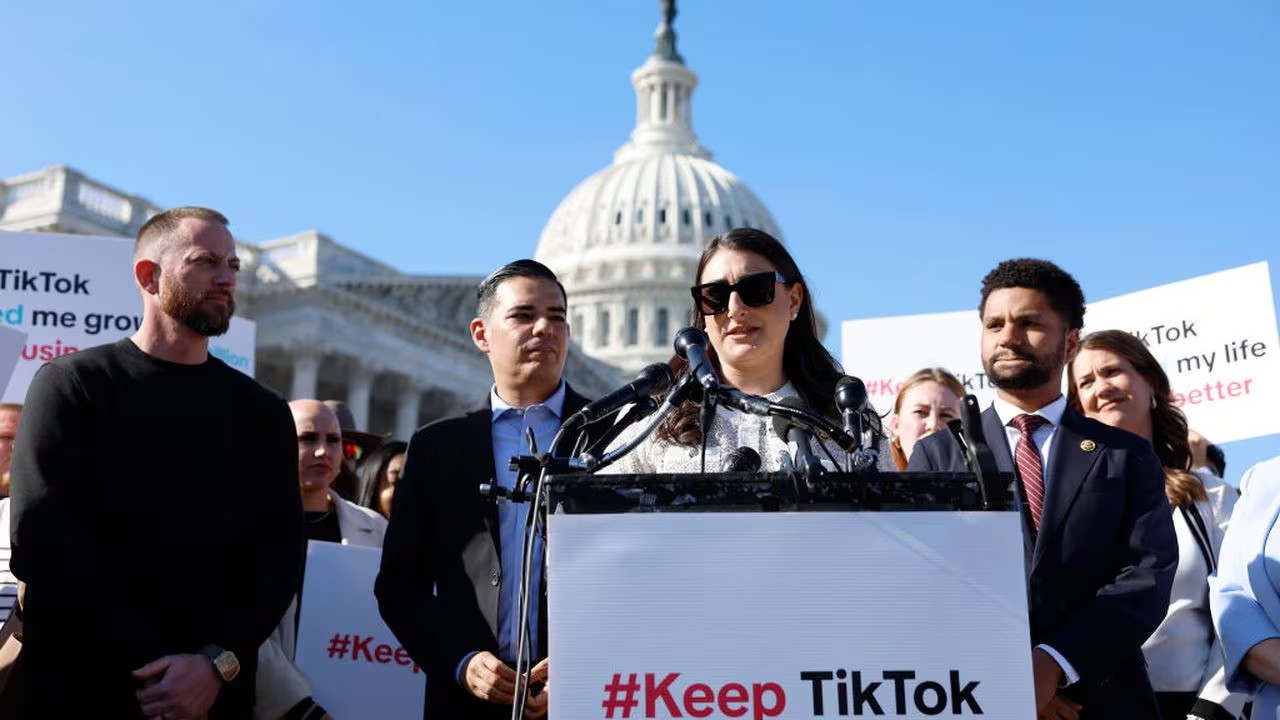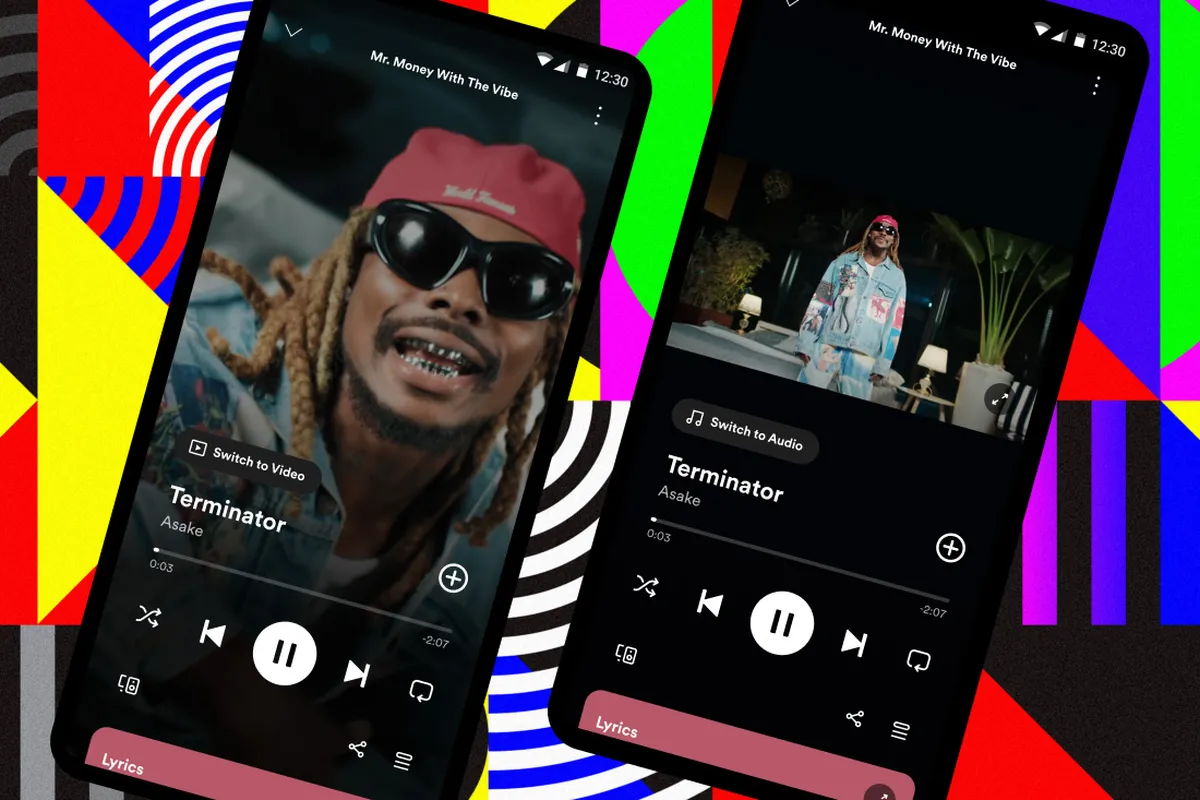It seems that TikTok ‘s problems continue to grow, as does its popularity. The social network of Chinese origin is being questioned for its relationship with the government, so there are several countries that are banning its use on official mobiles. In addition to this, a law is being discussed in the United States that seeks to prohibit applications that link to foreign governments on government-owned cell phones.
Since its appearance, it has generated a stir with its aggressive algorithm, which was copied by other social networks such as Facebook. However, despite the discussion about its treatment of personal data, it has more than one billion users. It is the sixth most used platform worldwide and was the most downloaded during 2022.
The ban on use in some countries is due to fears that the data collected by the application could be spied on by the Chinese government.
Which countries have restricted the use of TikTok?
India was the first country to decide to ban the use of TikTok, following the border standoff with China in 2020. This ban became permanent in 2021 and, in addition to TIkTok, other applications of Chinese origin such as WeChat were also banned.
The Netherlands was the most recent country to ban the use of the application, as in March 2023 it announced that TikTok will no longer be available for use on official cell phones. The same thing happened in Belgium and Canada, claiming that there were concerns about the privacy and security of the information given to the platform.
The United States not only has the Restrict bill that seeks to ban the application outright, but also banned its use in all federal agencies. Congress and the armed forces of this country also took the same measure and more than half of the states have banned the use in official cell phones.
In the European Union, three of its main bodies have banned the social network on their members’ devices. More specifically it concerns the European Parliament, the European Commission and the Council of the EU. As reported during the month of March, it was recommended to legislators that they remove the application from their cell phones.
Other countries that have also taken similar paths include New Zealand, Taiwan, the United Kingdom, Pakistan and Norway.
TikTok in the spotlight: misinformation and doubts about the handling of personal data
The measures taken by the different countries are due to the doubts generated by the controversial way in which TikTok handles information. According to security experts, this social network collects large volumes of information and the permissions required for its use are excessive. Some of these permissions are to collect information from installed apps, access to contacts and data on transactions and purchases made.
According to a report by Consumer Reports, a U.S. consumer organization, the app collects data from people who don’t even have an account. This is possible because it collects information provided by its partners from users who visit their websites.
On the other hand, another questioning of TikTok is the dissemination of false or at least misleading news. According to NewsGuard, which measures the credibility of information on websites, a large number of videos about the conflict in Ukraine on TikTok were misleading or did not show true information.




